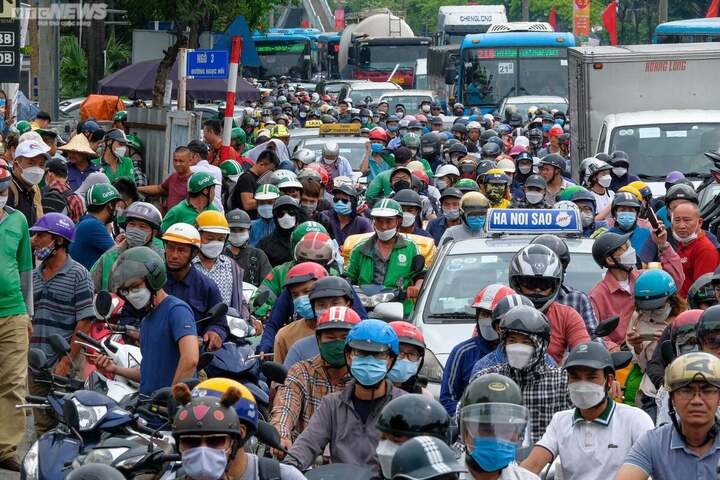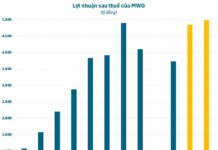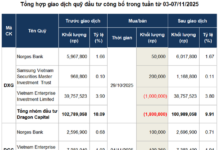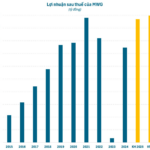As Hanoi plans to ban gas-powered vehicles within its ring roads, with the nearest milestone being the ban on gas-powered scooters in Ring Road 1 from 2026, the most asked question online and in discussions is, “What type of electric scooter should I buy?” or “Are there any new policies to encourage the purchase of electric vehicles?”. Few people affirm that they will switch to public transportation after bidding farewell to their gas-powered vehicles.
The interventions in the city’s transportation system aim to achieve two major goals: improving air quality and reducing congestion. The transition to clean energy vehicles is inevitable to salvage Hanoi’s already polluted air (according to a 2022 study by Hanoi University of Technology, gas-powered scooters are the second-largest source of emissions after light trucks in the inner city).
However, if all current vehicle owners simply switch to new vehicles without reducing the total number of vehicles, the congestion nightmare will remain as dire. The situation may even worsen as new adults will need to purchase their own vehicles, with those who can afford it buying cars and the rest settling for scooters.
According to the Department of Construction, Hanoi currently has about 5.6 million scooters. With a population of over 8 million people, excluding children and the elderly, the capital city is in a state where almost every person owns a scooter. The Institute for Transport Strategy and Development estimates that traffic congestion in Hanoi causes its citizens to lose more than 1 million working hours annually, resulting in economic losses ranging from $1 to 1.2 billion USD.

This is a common sight in Hanoi during rush hour. (Photo: Dac Huy)
With the current transportation situation, if we simply replace gas-powered scooters with electric ones without reducing the number of vehicles, the infrastructure will still be overloaded. The streets may no longer be filled with the smell of gas and noise pollution, but during rush hour, people will still crawl along, spending hours traveling just a few kilometers.
Therefore, alongside supporting citizens’ transition to green energy vehicles, Hanoi needs to prioritize improving its public transportation system as a crucial short-term goal. Immediate actions include increasing the number of electric bus lines and buses—a type of vehicle that has already gained passengers’ favor for its cleanliness, civility, and environmental friendliness—and expediting the completion of metro lines.
According to the Hanoi Department of Transportation, only 19.5% of the population used public transportation in 2024. Similarly, a survey by the Institute for Transport Strategy and Development revealed that over 80% of Hanoi’s citizens “rarely or never use buses” for commuting; the main reasons include long waiting times, crowded buses during rush hour, and frequent traffic jams.
If we don’t urgently enhance the capacity of public transportation, citizens will cling to their private vehicles. Conversely, if the advantages of speed, convenience, affordability, and constant availability of buses and metros are realized in practice, I firmly believe that most citizens will opt out of the exhausting choice of driving themselves in congested roads.
Hanoi’s unique characteristic of narrow alleys and streets, along with numerous winding alleys, is a significant reason why many citizens cannot give up their scooters. To address this issue, Hanoi is experimenting with a new type of transportation—mini buses (8–12 seats) within Ring Road 1 to increase the density of stops and provide easier access for citizens. These mini buses have the advantage of high frequency, flexibility on small routes, and the ability to access deep alleys and narrow streets. Each mini bus reduces the number of scooters on the road by 12.
If this type of transportation is soon operational in the inner city, it will undoubtedly be welcomed by the citizens.
The Optimized Headline:
“Hanoi’s Cua Nam Ward Responds to the ‘Pilot Gasoline Vehicle Ban’ Proposal”
The Hanoi People’s Committee of Cu Nam Ward has responded to media reports regarding a proposed ban on gasoline-powered vehicles in the ward. The committee clarified that while they are considering measures to reduce air pollution and encourage the use of electric vehicles, no final decision has been made. The trial, if successful, could see a wider implementation across the city.
‘Forget Gas-Guzzlers: Why Electric Vehicle Owners Shouldn’t Tinker but Wait for Official Batteries’
According to journalist Nguyen Thuc Hoang Linh, those who switch to electric vehicles need to change their habits and refrain from modifying batteries or charging in unauthorized areas.












































